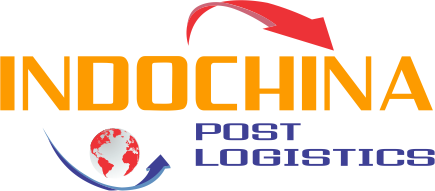The logistics industry encompasses a much broader range of activities than the transportation industry. While transportation focuses on the movement of goods from one location to another, the logistics industry implies a broader scope and refers to the management of the entire ‘flow’. This includes not only the transportation and delivery of goods, but also their storage, handling, inventory, and packaging, among other things. So, what are the main distinctions between the logistics and transportation industries?
Contents
Transportation
The movement of people, animals, and goods from one location to another is referred to as transportation. Air, rail, road, sea, cable, pipeline, and space travel are examples of modes of transportation. This field is divided into three sections: infrastructure, vehicles, and operations. Transport is critical because it allows for trade and communication, which ultimately leads to the establishment of civilizations.
Logistic
The logistics industry can be defined as the science of obtaining, producing, and distributing material and products to the correct location and quantity. In a military context, where it is more commonly used, it also refers to personnel movement. The process of planning, implementing, and controlling procedures for the efficient and effective transportation and storage of goods is referred to as logistics. This includes services and related information from the point of origin to the point of consumption in order to fulfill and conform to customer requirements.
What Is the Distinction?
Logistics necessitates planning, whereas transportation is the means by which the planning is carried out when transporting goods from point A to point B. They are not synonymous, but transportation is a component of logistics. When it comes to the logistics industry, logistics executives must make additional decisions in addition to the mode of transportation, such as:
- Packaging
- Containerisation
- Documentation
- Insurance
- Storage
- Importing and Exporting Regulations
- Freight Damage Claims
- Working and collaborating with other executives within the supply chain
- Managing vendors and partners
- Responsible for risk mitigation

